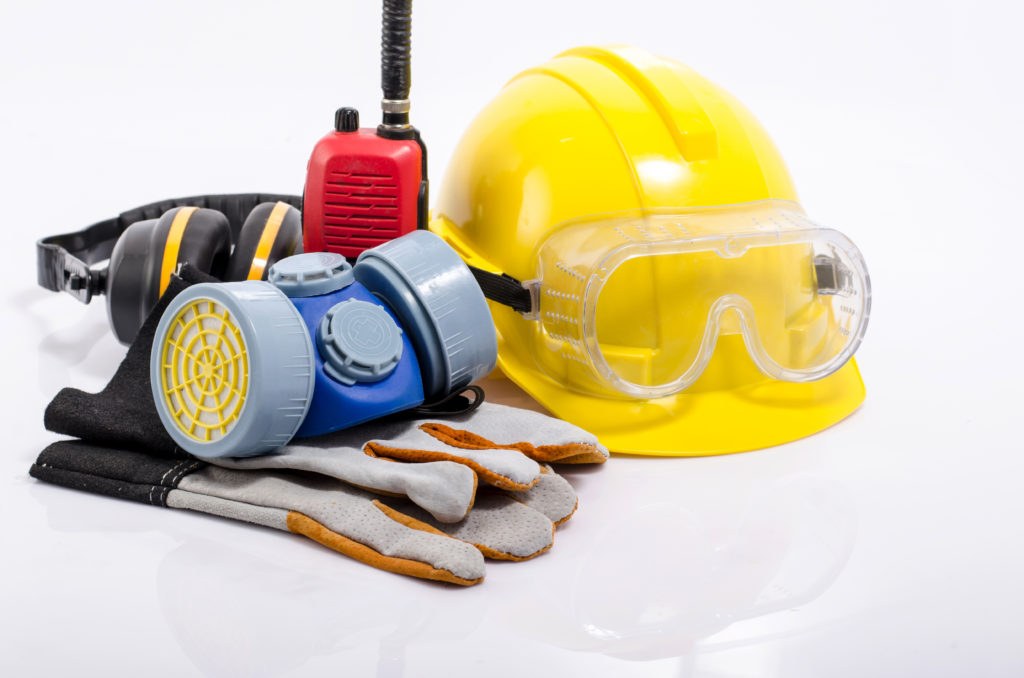It is impossible to overstate the importance of personal safety equipment in the workplace. Depending on your industry, it can be tempting to skip out on some of the items usually associated with personal protective equipment (PPE). Some workers may find it uncomfortable or inconvenient to wear certain PPE items. It is indeed cheaper for management not to have to provide all of the possible PPE equipment. Some workers may question the importance of safety equipment when they know and follow all other safety procedures.
Why Is PPE Important?
Why is it essential to wear PPE in the workplace? Many industries — especially in manufacturing and construction — are rife with health and safety hazards, and being careful will not always protect you. Some dangers are difficult to foresee, especially for workers at the end of long shifts and the end of long weeks.
Types of PPE
What are some specific types of PPE that workers in manufacturing and construction should be wearing? A few examples include:
- Eyewear: If there is one area you will want to protect in the workplace, it’s the eyes. Over 2000 people suffer eye injuries in the workplace every day, and about 90 percent of them could have been reduced or prevented with proper eye protection. Almost every workplace has hazards that could potentially injure the eye causing temporary or permanent loss of vision. Flying wood chips, mishandled tools, chemicals — either splashed in liquid or through gas fumes — lasers, UV light and other types of radiation are all examples. If you are working with biohazards, the eyes are a very vulnerable source for potential infection.
- Head Gear: Hard hats are ubiquitous on construction sites — and for good reason. Something heavy falling on or otherwise impacting the head can cause a concussion and brain damage, while also potentially affecting vision or hearing.
- Breathing Masks: If you are working with toxic substances, which is a fairly common occurrence at construction sites or certain manufacturing plants, you should always be wearing respiratory protection. Depending on the environment, a simple mask may not be enough. If you are working in a somewhat enclosed environment with paints or cleaning chemicals, you may need a full respiratory mask.
- Headphones: The potential effects of excessive noise are often ignored in the workplace, but they can be devastating. Excessive exposure to loud noise can cause hearing loss, tinnitus, migraines and other unpleasant effects.
- Hand and Skin Protection: While your head and face provide some of the most important and vulnerable areas that need protection, PPE can be important for other parts of your body, as well. Unprotected hands can come into contact with chemicals or materials that can cut or irritate the hands or skin.
Using the Right PPE
If you manage a manufacturing plant, be sure you are aware of the correct PPE for your industry — and make sure your employees are trained in using the equipment and understand that it is mandatory. This will create an overall safer workplace and healthier employees.
